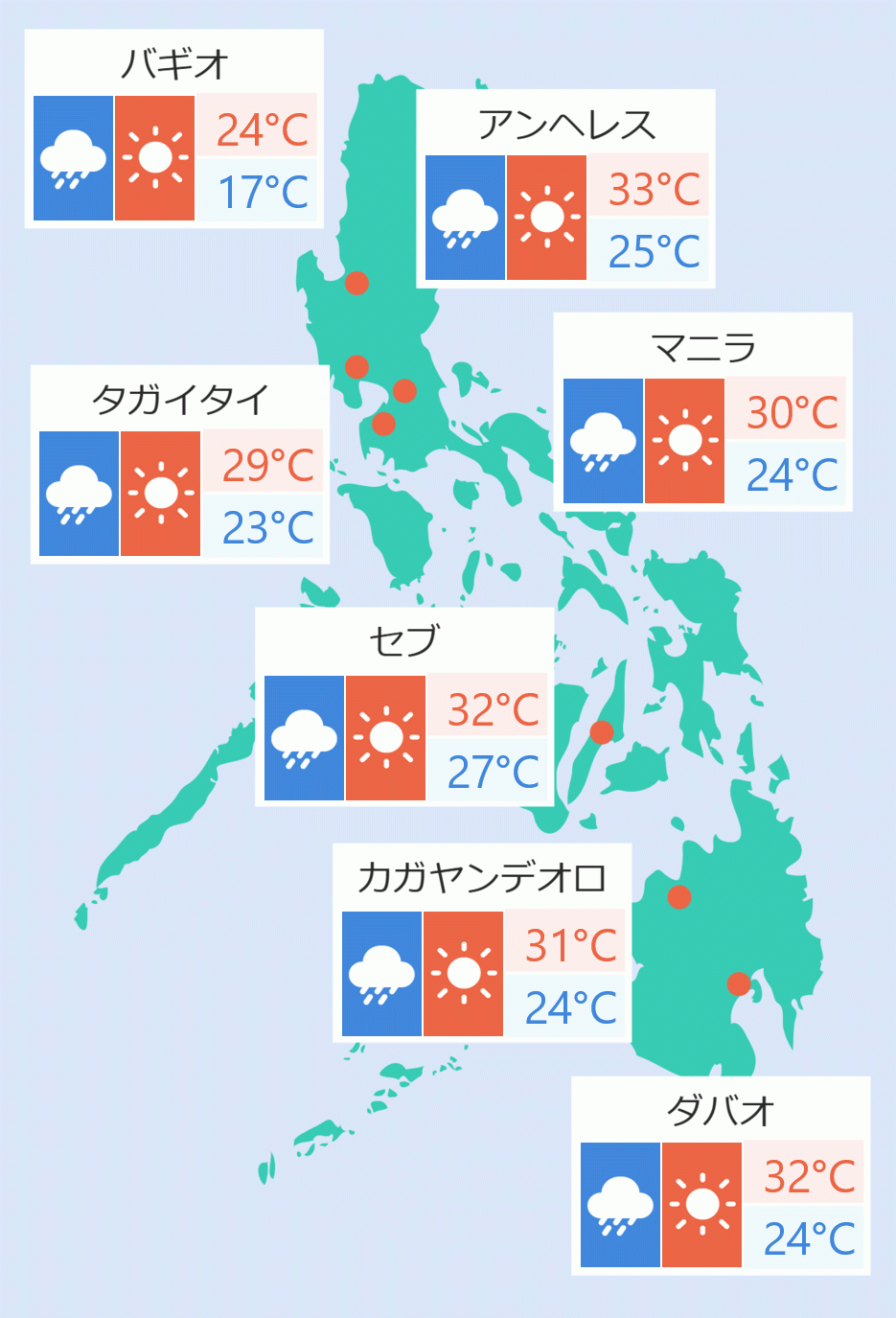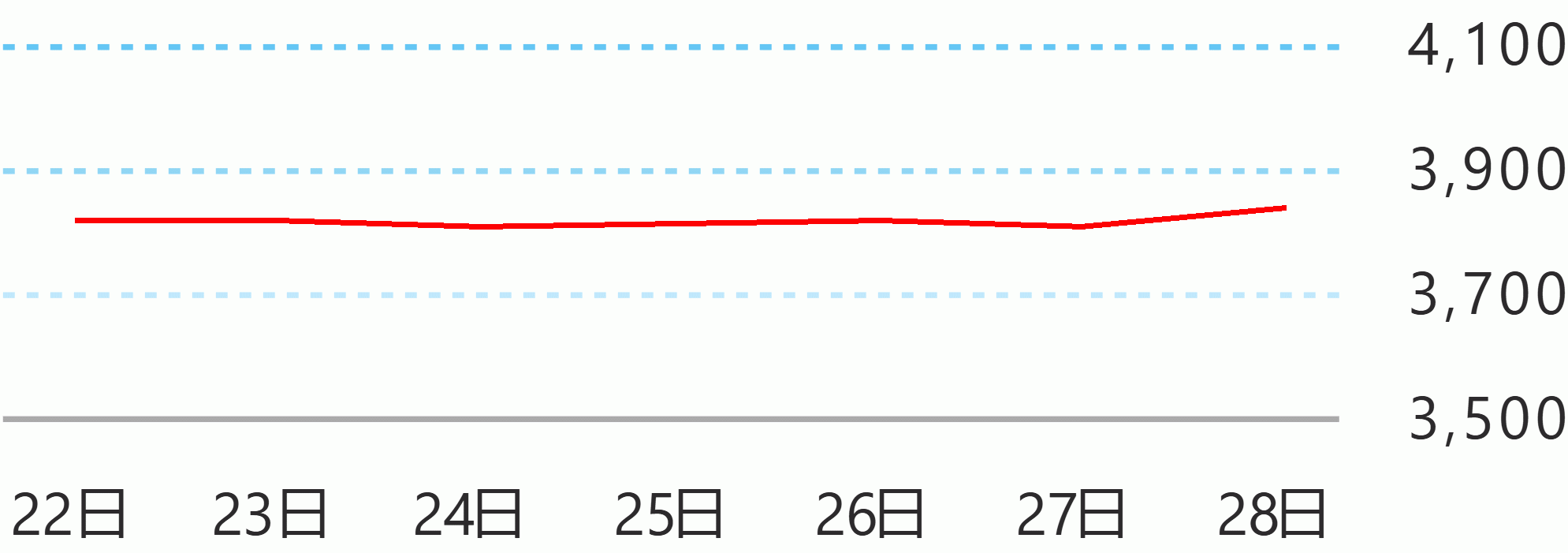Malacanang said on Thursday that it would be up to the government security agencies to determine the alleged threat to the country's security by China's reported control of the National Grid Corporation of the Philippines.
NGCP is a private transmission service provider in charge of operating, maintaining, and developing the country's state-owned power grid.
"Since that is a national security matter, I will defer to the position of the Department of National Defense, as well as the NICA (National Intelligence Coordinating Agency) Director," Presidential Spokesperson Salvador Panelo said in a press briefing.
He said President Rodrigo Duterte has not made any order yet to investigate if there was a basis on the concern raised by some senators over China's reported control of the NGCP.
The State Grid Corporation of China reportedly owns 40 percent of NGCP.
Meanwhile, the Department of Energy has expressed support on the plan of the Senate to investigate the existing franchise agreement with the NGCP.
"Given that there are aspects in the existing Franchise Agreement with the NGCP that seem inimical to the best interests of the national government, and more importantly, the Filipino people, both the DOE and TransCo (National Transmission Corporation) continue to call for, and are fully supportive of the Senate’s interest to take a closer look at the administrative, operational, and procedural structures existing within the NGCP," DOE said in a statement on Thursday.
Some senators raised concern over Chinese alleged control of the NGCP and its possible repercussions on the national security during the DOE's budget plenary deliberations on November 19.
"We consider the Senate hearings as a positive development towards the long overdue and much-needed audit of NGCP, as well as the comprehensive reexamination of the Franchise Agreement, which is part of the Presidential directive to review all government contracts that appear to be onerous. These steps would facilitate the introduction of all necessary amendments to uphold our national security and the welfare of our citizens and consumers," the Energy department added.
It also noted that shortly after Energy Secretary Alfonso G. Cusi assumed DOE post, he already raised the same concern.
Like Panelo, the DOE said that since matters of national security are involved, "the proper protocol to be observed is to have our National Security Council (NSC) as the primary source of information."
But the DOE assured the public that it is in close coordination, not only with TransCo, but with all relevant government agencies, especially the NSC, to ensure that all crucial data, as well as potential measures to be undertaken, are reported to the President accordingly, for his information and guidance on the way forward.
Chinese Foreign Ministry spokesman Geng Shuang, however, said allegation of China's control over the Philippines' power grid or threat to the country's national security was "completely groundless."
He said the SGCC only took part in a Transco project as a "cooperation partner."
"The project is now operated, managed and maintained by the Philippine side, with the Chinese partner offering necessary technical support upon request," the Chinese official added.
Both the Philippines and China are embroiled in a territorial dispute in South China Sea. Celerina Monte/DMS





 English
English











